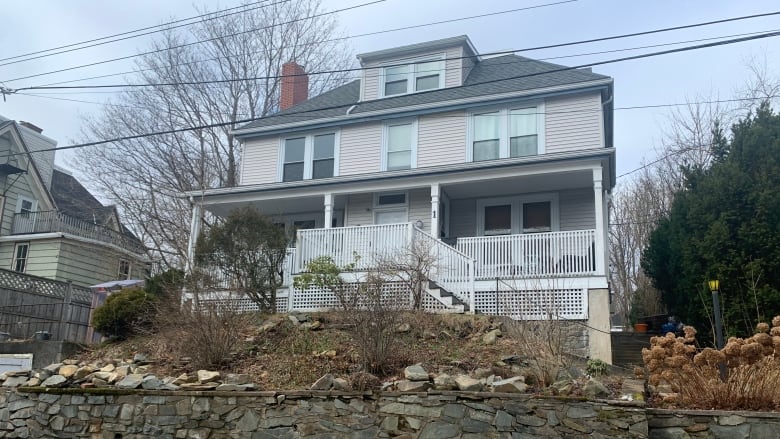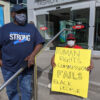
KJIPUKTUK (Halifax) – Holly House is the communal residence run by Elizabeth Fry Society of Mainland Nova Scotia, a community-based, non-profit organization which provides support to, and advocacy for, criminalized women.
Going by “E Fry” to their friends and supporters, this historic society provides life-saving services to women affected by the criminal justice system. It also advocates for large-scale system changes, addressing the root causes of criminalization such as cycles of intergenerational poverty and historic marginalization, oppression, and racialization. They are a member of the “Creating Communities of Care” partnership, a government-funded project designed to support Indigenous and African Nova Scotia women who have experienced gender-based violence.
Although providing this support has been challenging with COVID restrictions, E Fry’s staff never gives up: “We can’t put things on pause- we have to keep going. Holly House remained open – even expanded. We are one of the only places that take recently-released women [from incarceration], there is nowhere for them to go. We have to turn away women because we’re full. We limited community and social programming because of the restrictions, but our rooms are full”.
Housing is always a major challenge in HRM – for vulnerable and marginalized women even more so. As well as providing individual support for their clients to access housing, staff make time to advocate broadly for housing, recognizing the particular challenges faced by African Nova Scotian and Indigenous women.
“I wouldn’t say the pandemic changed that much really”, remarks a staff-member based at Holly House. “It made people aware, it sparked conversations about anti-Black racism, police brutality, which had always been there. We knew this stuff was happening, but it has allowed individuals to realize that these issues are important and should not be ignored.”
The anti-Indigenous violence that took place in Nova Scotia over the lobster fisheries dispute had a similar effect. “I wouldn’t say I was surprised by it, just disappointed. It’s not the first time, you know. 20 years ago we had a similar dispute at Burnt Church, New Brunswick. Maybe this will bring awareness, change. Maybe this global pandemic will give us the shake we need.”
To learn more about the goals of Creating Communities of Care and its partners, visit: https://creatingcommunities.ca/
See also: The Mi’kmaw Legal Support Network: “This is not really a joyful time”
If you are concerned that someone you know may be experiencing violence, please call or text 1-855-225-0220, toll-free and open 24/7, for safe and confidential information on how to best support them.
With a special thanks to our generous donors who make publication of the Nova Scotia Advocate possible.
Subscribe to the Nova Scotia Advocate weekly digest and never miss an article again. It’s free!



